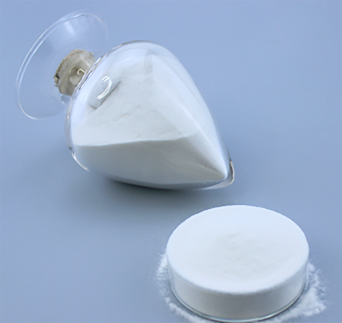
दिसम्बर . 10, 2024 16:20 Back to list
hydroxyethyl cellulose uses
Hydroxyethyl Cellulose Versatile Uses and Applications
Hydroxyethyl cellulose (HEC) is a water-soluble polymer derived from cellulose, a naturally occurring polysaccharide extracted from plant cell walls. Due to its unique properties, HEC has gained widespread popularity in various industrial applications. This article explores the diverse uses of hydroxyethyl cellulose, highlighting its significance across multiple sectors.
One of the most prominent applications of hydroxyethyl cellulose is in the construction industry. HEC is commonly used as a thickening and binding agent in cementitious materials, such as mortars and plasters. Its ability to enhance the workability and consistency of these mixtures is crucial for achieving optimal performance. HEC improves water retention, which prevents crack formation during the curing process. Additionally, it increases the adhesion properties of the mixtures, ensuring durability and stability in various construction applications.
Hydroxyethyl Cellulose Versatile Uses and Applications
Another significant area of application for hydroxyethyl cellulose is in the food industry. HEC acts as a stabilizer, thickener, and emulsifier in various food products. Its ability to improve the texture and mouthfeel of processed foods has made it a valuable ingredient in sauces, dressings, and dairy products. HEC is also utilized in gluten-free formulations, where it helps mimic the structural properties of gluten, providing elasticity and improving the overall quality of the final product.
hydroxyethyl cellulose uses

In pharmaceuticals, hydroxyethyl cellulose is used as a suspending agent and binder in tablet formulations. Its capacity to enhance the flow properties of powders is crucial in ensuring uniformity in the final dosage forms. Additionally, HEC serves as a matrix-forming agent in controlled-release drug delivery systems, allowing for a gradual release of active ingredients over time. Its biocompatibility ensures safe usage in various pharmaceutical applications.
The paint and coatings industry also benefits from hydroxyethyl cellulose. It is employed as a thickener and stabilizer in water-based paints, improving their consistency and flow properties. HEC contributes to the sheen and finish of painted surfaces, enhancing their overall aesthetic appeal. The use of HEC in coatings extends the product's permanence and durability, making it a valuable component in high-performance applications.
Moreover, HEC has found applications in the field of oil and gas, particularly in drilling fluids. Its thickening and suspending properties enhance the performance of drilling muds, helping stabilize boreholes and improve the efficiency of drilling operations. The use of HEC in this context illustrates its versatility and effectiveness across diverse industries.
In conclusion, hydroxyethyl cellulose is a multifaceted polymer with a wide range of applications across various sectors. From construction to cosmetics, food to pharmaceuticals, and beyond, HEC's unique properties make it an invaluable ingredient in numerous formulations. Its ability to enhance texture, improve stability, and ensure performance underscores the importance of this versatile compound in today's industrial landscape. As research and technology progress, the potential uses of hydroxyethyl cellulose are likely to expand further, solidifying its position as a crucial material in numerous applications.
-
Versatile Hpmc Uses in Different Industries
NewsJun.19,2025
-
Redispersible Powder's Role in Enhancing Durability of Construction Products
NewsJun.19,2025
-
Hydroxyethyl Cellulose Applications Driving Green Industrial Processes
NewsJun.19,2025
-
Exploring Different Redispersible Polymer Powder
NewsJun.19,2025
-
Choosing the Right Mortar Bonding Agent
NewsJun.19,2025
-
Applications and Significance of China Hpmc in Modern Industries
NewsJun.19,2025







